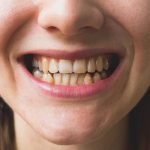Senior Care: Solutions for Your Old Dog Losing Teeth

As dogs age, they may experience various health problems, including dental issues. Losing teeth is a common problem that senior dogs encounter, which can lead to discomfort, difficulty eating, and malnutrition. As a pet owner, it’s important to be aware of the signs that your dog may be experiencing dental problems, such as bad breath, excessive drooling, and bleeding gums. Fortunately, there are solutions available that can help restore your senior dog’s oral health and improve their overall wellbeing. Senior care for dogs with dental problems can involve a range of treatments, from routine teeth cleaning to more advanced procedures like tooth extractions and dental implants. It’s essential to work with a veterinarian who specializes in senior dog care and has experience in treating dental issues. With the right care and attention, your senior dog can continue to enjoy a healthy and happy life, even if they are missing a few teeth. In this article, we will explore some of the solutions available for senior dogs losing teeth and provide some tips for maintaining your dog’s oral health as they age.
As dogs age, their dental needs change, and senior dog dental care becomes a crucial aspect of their overall health. Many older dogs experience dental problems such as tooth decay, gum disease, and tooth loss, which can lead to pain, discomfort, and difficulty eating. These issues can also have more severe consequences, such as infections, organ damage, and even heart disease. Therefore, it is essential for pet owners to take proactive measures in maintaining their senior dog’s oral health, including regular dental check-ups, teeth cleaning, and a healthy diet. In this article, we will explore various senior care solutions that can help your old dog maintain healthy teeth and gums, even as they age.
As dogs age, it’s not uncommon for them to experience tooth loss. This can be due to a variety of factors such as gum disease, decay, trauma, or simply old age. Losing teeth can be uncomfortable for your furry friend and can affect their ability to eat and play. It’s important to address this issue promptly by consulting with your veterinarian to determine the underlying cause and develop a senior care plan. Options for managing tooth loss in old dogs may include dental procedures, changes in diet and nutrition, and routine dental care. By taking a proactive approach to your senior dog’s dental health, you can help them maintain their quality of life and enjoy their golden years to the fullest.
Causes of Tooth Loss in Senior Dogs
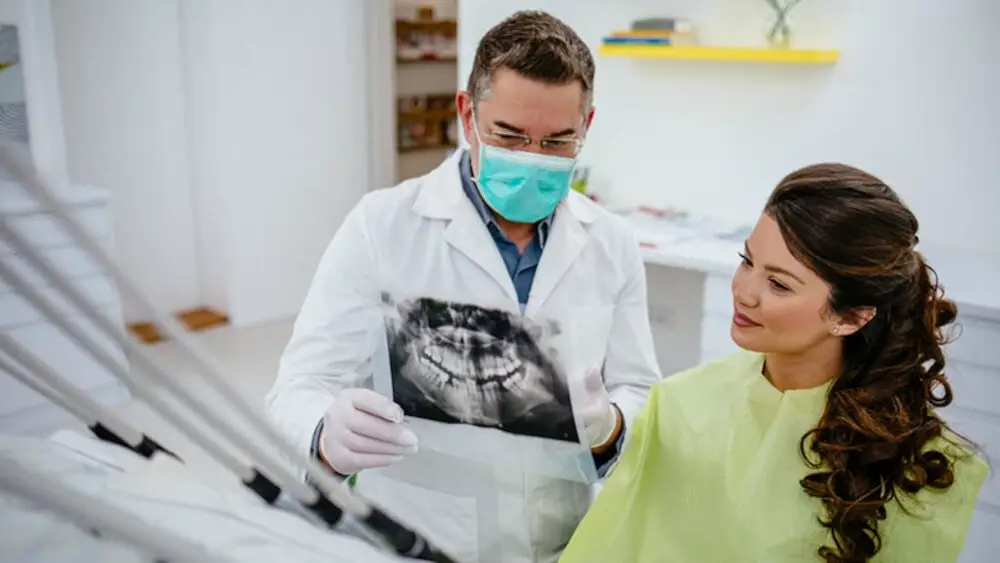
As dogs age, they become more susceptible to tooth loss, just like humans. The main causes of tooth loss in senior dogs include periodontal disease, trauma, and genetics. Periodontal disease is the most common cause of tooth loss in senior dogs. It is a bacterial infection that affects the gums and leads to the loss of teeth. As dogs age, their immune system weakens, making them more susceptible to periodontal disease. Poor dental hygiene, such as failure to brush teeth regularly and not receiving regular dental check-ups, can also contribute to periodontal disease. Trauma is another common cause of tooth loss in senior dogs. Trauma can occur from chewing on hard objects, such as bones or rocks, or from accidents or falls. Trauma can result in tooth fractures or dislodgement, which can lead to tooth loss. Genetics can also play a role in tooth loss in senior dogs. Some breeds are more prone to dental issues than others, and genetics can influence the structure of a dog’s teeth, making them more susceptible to tooth loss. In addition to the causes mentioned above, there are other factors that can contribute to tooth loss in senior dogs. These include poor nutrition, certain medications, and underlying health conditions. It is important for pet owners to be vigilant in monitoring their dog’s dental health as they age, and to seek veterinary care promptly if any dental issues arise. With proper care and attention, many cases of tooth loss in senior dogs can be prevented or managed effectively.
As dogs age, they become more susceptible to various dental issues that can cause them to lose their teeth. One of the most common reasons for tooth loss in senior dogs is gum disease, which can occur due to poor oral hygiene and plaque buildup. Trauma is another cause of tooth loss, which can happen due to accidents or injuries that damage the teeth. Tooth decay is also a significant factor, which can happen due to a poor diet or lack of dental care. Other factors that can contribute to tooth loss in senior dogs include genetics, underlying health conditions, and medication use. Taking care of your senior dog’s dental health is crucial to prevent tooth loss and maintain their overall wellbeing.
Losing teeth can significantly impact a dog’s overall health and wellbeing. When a dog loses teeth, it can cause pain, discomfort, and difficulty eating, which can lead to weight loss, malnutrition, and dehydration. Furthermore, the loss of teeth can increase the risk of gum disease, which can lead to serious health problems such as heart disease and kidney disease. It can also cause behavioral changes, such as aggression and depression, due to the discomfort and pain. Therefore, it is essential to provide senior care solutions such as proper dental care, a nutrient-rich diet, and regular visits to the veterinarian to ensure your old dog’s overall health and wellbeing.
Signs of Tooth Loss in Senior Dogs
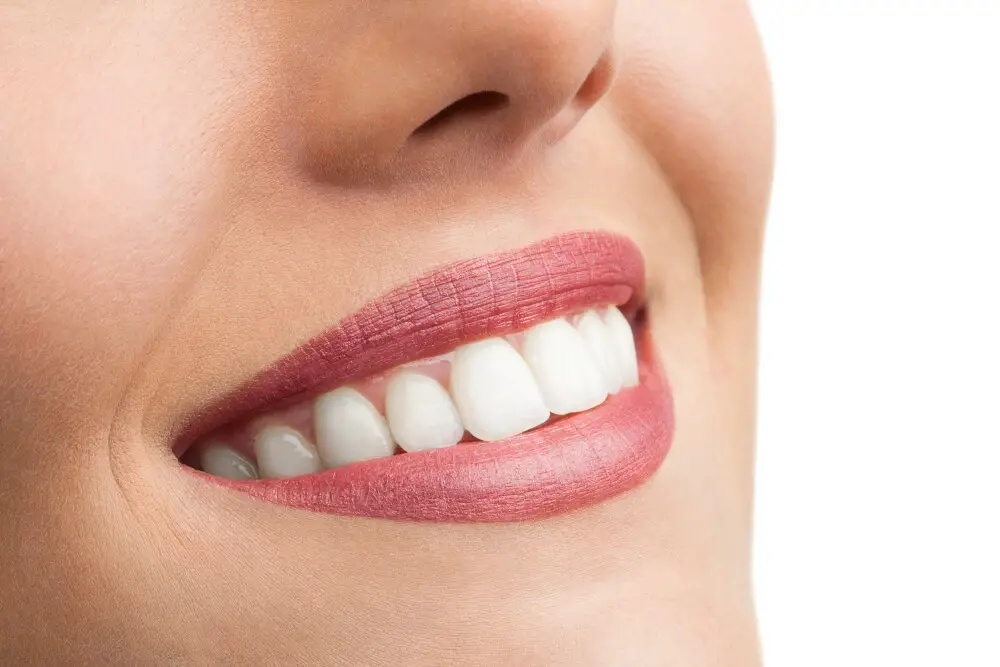
As dogs age, they become more susceptible to dental issues. One of the most common dental problems in senior dogs is tooth loss. Tooth loss can occur due to a variety of reasons such as tooth decay, gum disease, and trauma. It is important to keep an eye out for signs of tooth loss in senior dogs to prevent further dental problems and ensure their overall health. Some of the most common signs of tooth loss in senior dogs include difficulty eating or chewing, excessive drooling, bad breath, and swollen or bleeding gums. In some cases, you may even notice a missing tooth or a loose tooth. If you notice any signs of tooth loss or dental issues in your senior dog, it is important to schedule a visit with your veterinarian as soon as possible. Your vet can examine your dog’s mouth and teeth to determine the cause of the tooth loss and recommend the best course of treatment. Treatment options may include dental cleaning, extractions, and antibiotics to prevent infection. In addition to regular veterinary care, there are steps you can take at home to help prevent tooth loss in your senior dog, such as providing them with dental chews and brushing their teeth regularly. By being proactive about your senior dog’s dental health, you can help ensure they live a happy and healthy life.
As dogs age, tooth loss can become a common issue that may lead to various symptoms. One of the most apparent signs of tooth loss in senior dogs is difficulty eating or chewing, which may result in weight loss, malnutrition, and related health problems. In addition, bad breath or halitosis can be another warning sign of tooth loss in senior dogs. When teeth become loose and fall out, the remaining gums may also become inflamed and bleed, causing pain and discomfort for your furry friend. If left untreated, tooth loss can exacerbate these symptoms and increase the risk of infection and other complications, making it crucial to prioritize dental care and senior care solutions for your aging dog.
As your dog ages, it becomes essential to keep a keen eye on their dental health. If your dog is losing teeth, it might be a sign of a more significant problem. To spot these signs, you need to observe your dog’s behavior carefully. Watch out for drooling, reluctance to eat hard food, and bad breath. Additionally, check your dog’s teeth regularly for signs of decay, infection, or gum disease. If you notice any of these signs, consult your veterinarian immediately. Early intervention can help manage these issues and avoid further complications. Remember, your dog’s dental health is crucial to their overall well-being.
Solutions for Senior Dog Dental Care
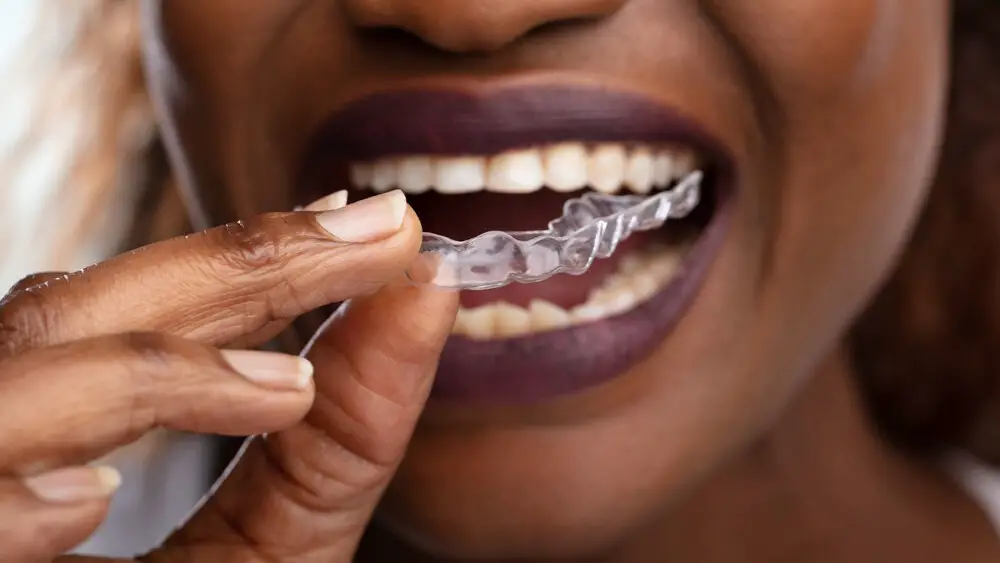
As dogs age, they become more susceptible to dental problems, such as gum disease, tooth decay, and tooth loss. Senior dogs may also have difficulty eating, which can lead to malnutrition and other health issues. Fortunately, there are several solutions available for senior dog dental care. One solution is to feed your senior dog soft or moist food, which is easier for them to chew and swallow. You can also add water or broth to their dry food to make it softer and more palatable. Another option is to provide your dog with dental chews or toys designed to promote dental health and reduce plaque buildup. You can also schedule regular dental cleanings with your veterinarian to keep your dog’s teeth and gums healthy and prevent tooth loss. In addition, brushing your senior dog’s teeth regularly can help remove plaque and prevent gum disease. Overall, taking care of your senior dog’s dental health can help them live a longer, happier life.
As dogs age, dental problems can become more common and severe. Senior dog dental care options include regular dental cleanings, tooth extractions, and dental implants. Dental cleanings can help prevent plaque buildup and gum disease, but some dogs may require tooth extractions if they have severe decay or damage. Dental implants are a more advanced option for dogs with missing teeth, but may not be suitable for all senior dogs due to their age or overall health. It’s important for pet owners to work closely with their veterinarian to determine the best course of action for their senior dog’s dental care needs.
When it comes to senior care solutions for dogs losing teeth, there are several options available. One of the most popular solutions is to switch to a soft food diet, which can be easier on the dog’s teeth and gums. This can help alleviate pain and discomfort while also providing the necessary nutrients for their health. However, a soft food diet can also contribute to dental problems, such as plaque buildup, which can lead to more tooth loss. Another option is to provide dental treats or chews that are specifically designed to clean teeth and promote good oral health. While these treats can be effective, they should be used in moderation as they can also contribute to weight gain and other health problems. Ultimately, the best solution will depend on the needs of the individual dog and should be determined in consultation with a veterinarian.
Preventative Measures for Senior Dog Dental Care
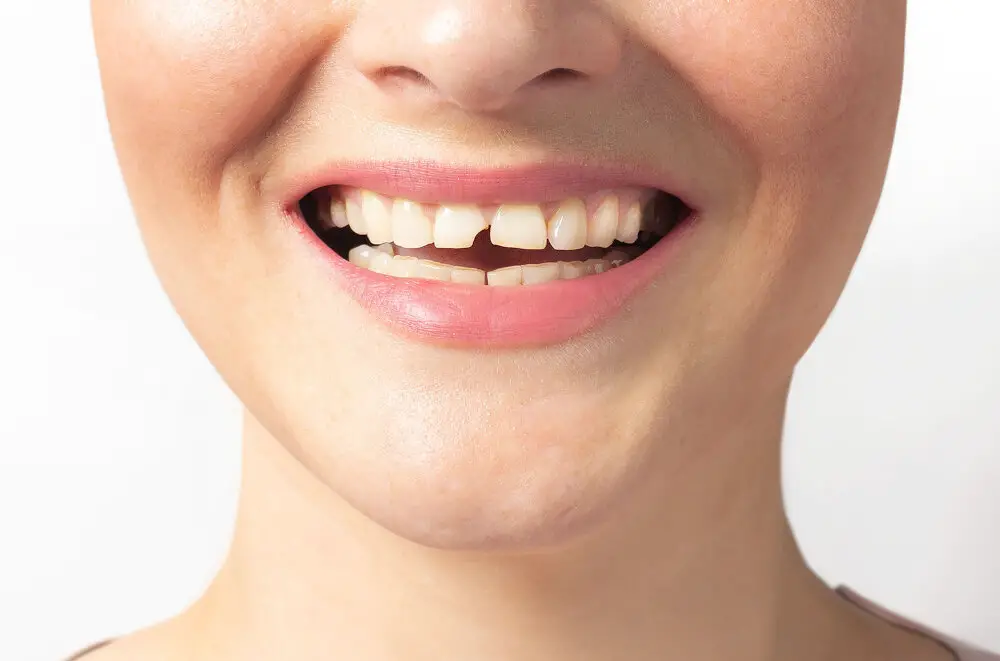
Preventative measures for senior dog dental care can greatly improve your dog’s health and well-being. As dogs age, they become more prone to dental problems such as gum disease, tooth decay, and tooth loss. To prevent these issues, it is important to take proactive steps to maintain your senior dog’s dental health. Some preventative measures include regular dental check-ups, brushing your dog’s teeth at home, and providing them with dental chews and toys. Regular dental check-ups are crucial for senior dogs, as they can help identify any dental issues before they become serious problems. During these check-ups, your veterinarian will examine your dog’s teeth and gums, and may recommend a professional cleaning if necessary. In addition to regular check-ups, it is important to brush your dog’s teeth daily. This can help remove plaque and tartar build-up, which can lead to gum disease and tooth decay. Providing your dog with dental chews and toys can also help keep their teeth clean and healthy. These products are designed to help remove plaque and tartar while also satisfying your dog’s natural urge to chew. By taking these preventative measures, you can help ensure that your senior dog maintains good dental health throughout their golden years. In conclusion, preventative measures for senior dog dental care are essential for maintaining your dog’s overall health and well-being. Regular dental check-ups, daily teeth brushing, and providing your dog with dental chews and toys can all help prevent dental problems and keep your senior dog’s teeth healthy. By taking these proactive steps, you can help your senior dog enjoy a happy, healthy, and comfortable life. So, make sure to prioritize your dog’s dental health and work with your veterinarian to create a dental care plan that is tailored to your senior dog’s specific needs.
As senior dogs age, they become more susceptible to tooth loss. However, there are steps owners can take to prevent this from happening. One crucial aspect of maintaining your dog’s dental health is scheduling regular dental cleanings with your veterinarian. This will help keep your dog’s teeth clean and free from plaque and tartar buildup, which can lead to tooth decay and loss. Additionally, feeding your dog a healthy diet that is low in sugar and high in nutrients can also help prevent tooth loss. Finally, providing your dog with chew toys can help keep their teeth strong and healthy by promoting chewing and reducing plaque buildup. By following these tips, owners can help their senior dogs maintain healthy teeth and avoid the pain and discomfort of tooth loss.
Early detection and treatment of dental issues in senior dogs is crucial for maintaining their overall health and well-being. As dogs age, their teeth become more susceptible to decay, gum disease, and other dental problems that can cause pain, discomfort, and even lead to serious health complications. Regular dental check-ups can help identify dental issues before they become more severe, making it easier and less costly to treat them. Furthermore, untreated dental problems can lead to bacterial infections that can spread to other parts of the body, affecting the heart, liver, and kidneys. Therefore, providing proper dental care for senior dogs is essential for ensuring their longevity and quality of life.
The article \Senior Care Solutions for Your Old Dog Losing Teeth\ discusses the various dental issues that senior dogs may face, such as gum disease, tooth decay, and tooth loss. The author emphasizes the importance of regular dental checkups and cleanings, as well as proper nutrition and dental care at home. The article also provides helpful tips for caring for a senior dog with dental issues, such as feeding soft foods and providing dental chews and toys. Additionally, the author suggests alternative dental treatments, such as tooth extractions or dental implants, that may be necessary for dogs with severe dental problems. Overall, the article highlights the importance of proactive dental care for senior dogs to ensure their overall health and well-being.
As pet owners, it is our responsibility to ensure that our furry friends receive the best care possible, especially as they age. Senior dogs are prone to dental issues, which can cause discomfort, pain, and even lead to serious health problems. Therefore, it is crucial to prioritize your senior dog’s dental care and take action to prevent or treat any dental issues they may have. Regular dental checkups, toothbrushing, and providing appropriate chew toys can help maintain your senior dog’s oral health. By taking the necessary steps to care for your senior dog’s teeth, you can help them live a happier and healthier life in their golden years.
Conclusion
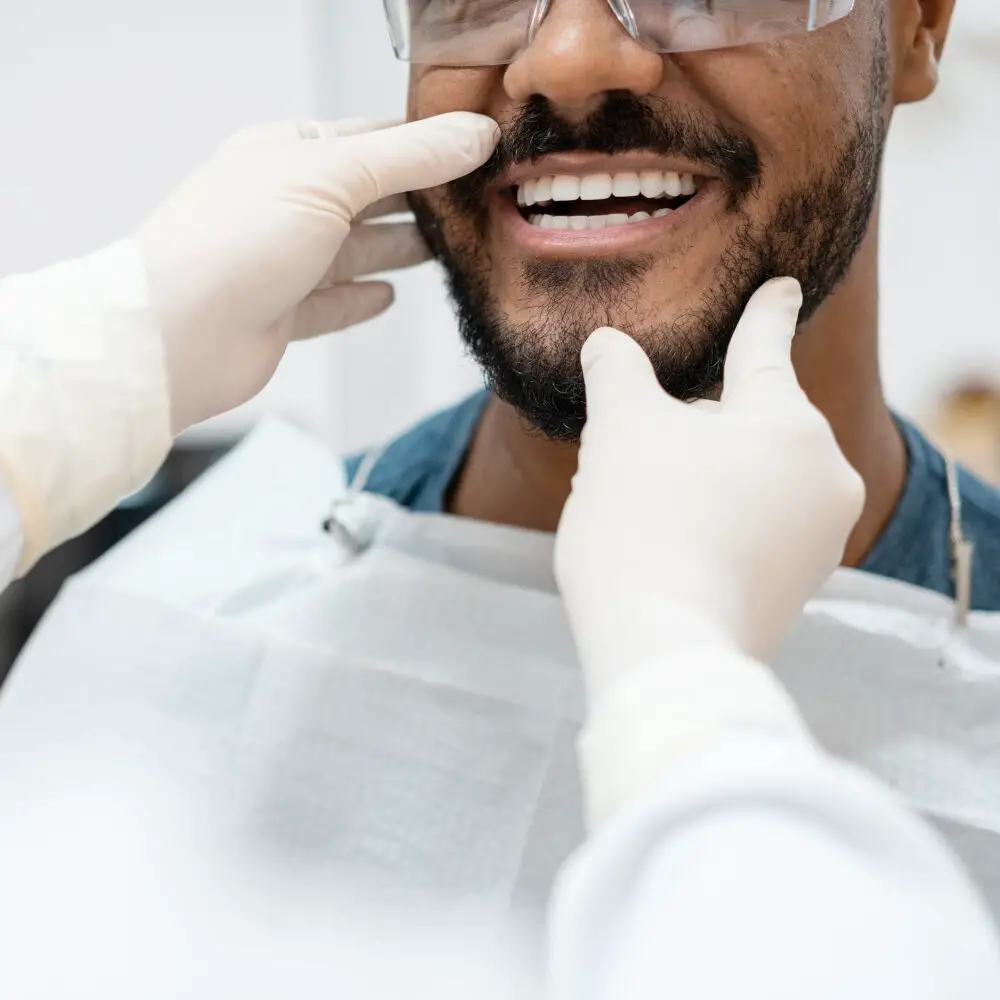
In conclusion, caring for a senior dog losing teeth can be a challenging task, but there are various solutions available to ensure their comfort and well-being. From adjusting their diet to providing them with dental care, pet owners can take proactive steps to address this issue. Additionally, regular check-ups with a veterinarian can help detect any underlying health concerns that may be contributing to the problem. With love, patience, and proper care, pet owners can ensure their furry companions enjoy a happy and healthy life, even in their golden years.






